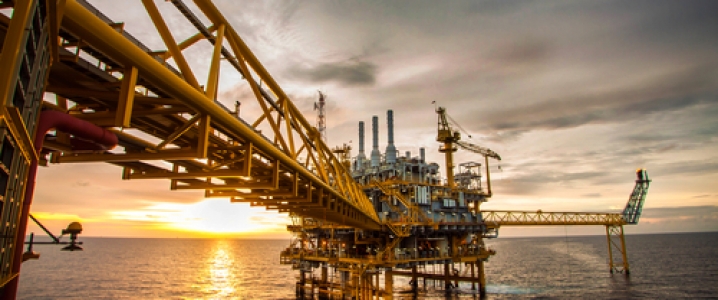Papua New Guinea, an island nation in the Pacific, expected a windfall in government revenue from the US$19-billion PNG LNG liquefied natural gas project led by Exxon that started commercial production in 2014.
Yet, despite the commercial success for the corporate project partners in the venture, the government and people of Papua New Guinea have not benefited enormously from the LNG exports, because the state had initially negotiated very favorable tax and royalty terms for Exxon and the other partners, partly due to its eagerness to attract investments, thus giving too many concessions to the foreign companies.
Now that Exxon is studying expansion of its LNG projects in Papua New Guinea, the local government is committed to negotiating a better deal for the country and has formed a new team to hammer out revised terms on the potential new deals.
“There is a general view that Papua New Guinea gave away too much for the first LNG project,” Peter Koim, a member of the negotiating team who is also director of the country’s Gas Project Coordinating Office, told Bloomberg. For the next round “the country will not give away concessions as was the case in the PNG LNG project,” Koim said.
Exxon has shown great confidence in Papua New Guinea and “the opportunity which exists to expand our business significantly and deliver additional benefits to this country,” Andrew Barry, ExxonMobil PNG Limited Managing Director, said in March 2018, outlining the company’s plans. Those plans include a three-train expansion of the LNG Plant outside Port Moresby that would double the capacity of the existing LNG plant, and working with France’s Total as operator of the proposed Papua LNG project to support them in the development of the Elk-Antelope fields.
“Subject to partner approvals we expect to commence discussions with the government on the project gas agreement leading up to a decision on FEED later this year,” Barry said. Related: Will The U.S. Push Venezuela Into The Abyss?
The final investment decision on the Papua LNG project could be made in 2019. Until then, the government wants to negotiate better terms for the country, but not so favorable that it drives out foreign firms with too high tax rates.
Some of the incentives given during the original negotiations may not be available during the talks over the expansion, Papua’s energy minister Fabian Pok told Bloomberg in an interview.
Meanwhile, the IMF, the World Bank, and advocacy groups’ studies have concluded that too many concessions in the original deal prevented the government from getting the revenue windfall that it had initially expected.
“The extraction of PNG’s natural resources should yield a fair return to the country, but government revenue from the LNG sector has been very limited due to the generous fiscal terms of the agreement. The fiscal regime should strike a balance between securing a substantial share of the value of these resources for the people of PNG, while also providing incentives for investment in PNG,” the IMF said in a report in December 2017.
The World Bank, for its part, said around the same time that “Over the longer term, Papua New Guinea will need to carefully consider the terms for any future LNG project, to ensure the benefits of the investment are not unnecessarily generous to foreign investors.”
In 2013, the year before the PNG LNG project launched, the government had expected total government revenues at around 2.6 percent of the nation’s gross domestic product (GDP) between 2014 and 2021.
“Clearly, the lack of revenues from the project has left a sizeable hole in the government’s finances,” said the World Bank. Related: Why Southern Company Just Sold Billions In Prime Assets
Jubilee Australia, a research and advocacy group promoting economic justice in Asia-Pacific, said in a report in April that an initial estimate of government revenues was too optimistic and that the ‘resource curse’ has led to poor policy decisions.
“The temptations of such large and easy economic gains have returned PNG to poor policies typical of a resource curse,” Jubilee Australia said, noting that “Currently, on almost every measure of economic welfare in 2016, PNG would have been better off without the PNG LNG project.”
Now the Pacific island nation wants to remedy this situation in the talks over the new projects. Yet, it has to consider just how much of the previous incentives it can withdraw without driving away the likes of Exxon and Total from committing new investments in its LNG industry.
By Tsvetana Paraskova for Oilprice.com
More Top Reads From Oilprice.com:
- Permian Growth Is Reaching Its Limits
- EV Revolution Could Wipe Out $21 Trillion In Oil Revenue
- Iran: Trump’s Sanctions Can’t Touch Our Oil


















